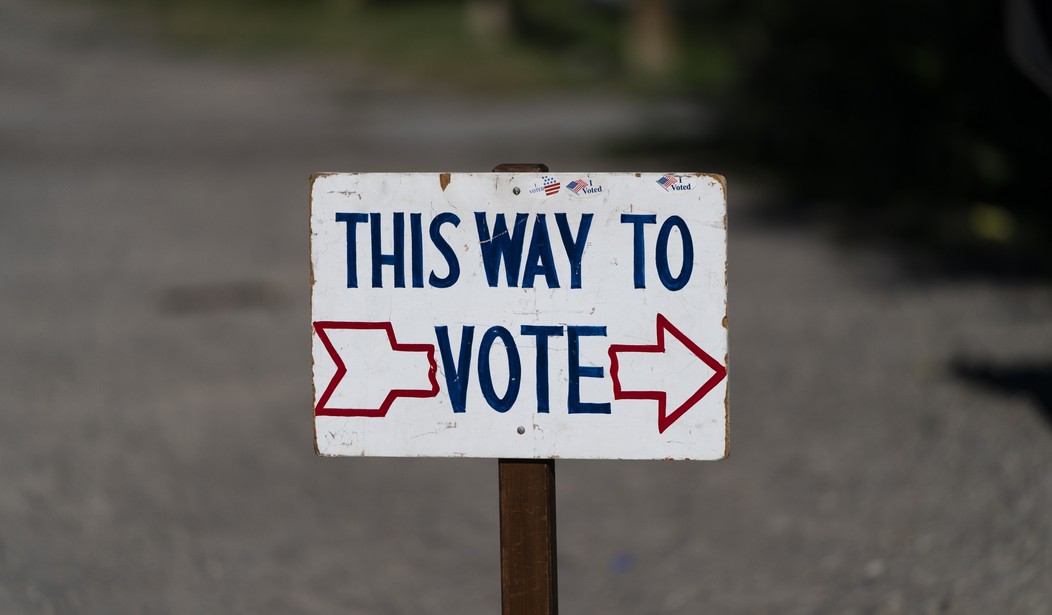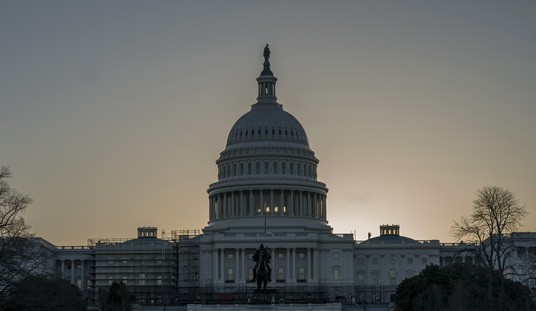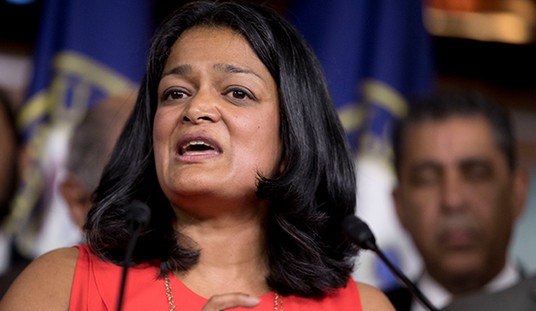Heading into the 2024 Presidential election with the presumptive nominees in place, the stage is set for a rematch between incumbent President Joe Biden and former President Donald Trump. Notably, this electoral replay is shaping up to be nothing like the 2020 election in terms of previously accepted partisan demographics.
One reason for division on the political left stems from Democrat hardliners taking sides in the Gaza conflict between Hamas and Israel. This has led to Arab, Muslim, and progressive voters casting protest votes at the primary ballot box. In Michigan, a critical swing state that Trump won in 2016 but Biden reclaimed, the dynamics shifted once more. Two Arab-majority precincts in Dearborn rejected Biden in the primary, marking a significant drop in his support among Democrats from 88 percent to just 4 percent. Meanwhile, "uncommitted" garnered 91 percent of the vote in these precincts, according to an analysis by the Detroit Free Press of precinct results.
But it's not just primary "protest votes" we can use to gauge support for Biden; an October survey of 500 Arab American voters showed that while support for Trump has increased by five percent since the 2020 presidential election, support for Biden has plummeted from 59 percent to 17 percent.
While the numbers are less conclusive on traditionally Democrat-leaning Jewish voters, one poll in February showed New York's Jews opting for Trump over Biden, with a margin of 53 percent to 44 percent. However, when it comes to congressional elections, Jews in the state still intend to support Democrats over Republicans by a margin of 54 percent to 39 percent. It's worth noting that the poll's margin of error is 4.2 percentage points in either direction, which means that the gap of 8.4 percentage points could potentially be narrower or put the candidates in a dead heat.
By contrast, Biden was reported to secure 77 percent of the Jewish vote in the 2020 election, with Trump just getting 21 percent support.
While the poll, done by Siena College, had a large margin of error and limited sample size, Sam Markstein, national political director at the Republican Jewish Coalition, saw it as significant.
Markstein wrote,
Jewish voters moving towards the GOP is a clear trend, long in the making.
The armed conflict in Gaza is not the only new factor in play with divides in the electorate, far from it. A confidential memo obtained by The Washington Post shows Democratic National Committee (DNC) activist Aaron Strauss, who helps direct progressive spending at the leftist think-tank OpenLabs, warning donors in January not to register new voters.
Citing recent polling that shows Trump's strength among unregistered voters, Strauss wrote,
Indeed, if we were to blindly register nonvoters and get them on the rolls, we would be distinctly aiding Trump’s quest for a personal dictatorship.
Strauss also cautioned that efforts to secure Democratic votes among younger individuals and Hispanics/Latinos (called "non-Black people of color," apparently) were proving to be costly, with estimates suggesting it cost more than $1,200 per net vote in 2020 due to the inclusion of many non-Democrats in these groups. He highlighted that among racial and ethnic minority groups, “only African American registration is clearly a prime opportunity,” noting that acquiring Democratic voters among Black people cost approximately $575 per vote in 2020.
A Quinnipiac University poll released last month showed Biden's support among Black voters is at 60 percent, and among Hispanic voters, it's at 34 percent in a five-way race with Trump and three third-party candidates. This is a massive drop from Biden's 2020 numbers where he won 87 percent of the Black vote and 65 percent of the Latino vote, according to exit polls.
And, while voters in Arab/Muslim, Jewish, Youth, Black, and Hispanic demographics are decreasing in favor of Biden, a new poll conducted by The Independent Center and the Bullfinch Group among LGBT Americans reveals that they aren't the progressive Democrat voting bloc they were thought to be, either.
While Biden enjoys a notable level of support, with 43 percent indicating a definite intention to vote for him and an additional 13 percent leaning towards Biden, there is also a significant segment within the LGBT community that supports Trump, with 28 percent expressing definite support or leaning towards Trump. Additionally, the top priority for this demographic is "jobs and the economy," which sounds like every Republican voter I've spoken to in the past year.
The poll challenges the narrative that LGBT voters universally lean towards progressive ideologies, highlighting that many LGBT individuals identify as moderate centrists or independents, with an average political leaning of 3.9 on a scale from 0 (most liberal) to 10 (most conservative).
Brett Loyd, a contributor at the Independent Center and CEO of the Bullfinch Group, which conducted the polling, highlighted that these findings should make LGBT Americans an attractive voting bloc for Republicans, saying,
If I was talking about any other group, and I said 16 percent of X demographic is unsure how they're going to vote in the election … and a plurality of these voters do not affiliate with the Republican or Democratic parties, and the most pressing issue that this demographic finds in America today is jobs and the economy ... If I said that to an RNC meeting right now, they would go, ‘Oh, great, fantastic, which group? That sounds perfect. That's right up our alley.
A GLAAD poll released last month showed that while LGBT voters are still likely to overwhelmingly vote for Biden, his popularity runs flat with a 47 percent share saying they approved of the job Biden was doing and the same number indicating that they disapproved.
The poll showed that across all surveyed voter categories, including LGBT individuals, Trump supporters, and swing voters who are open to both parties, there is a consensus that politicians should shift their focus away from restricting abortion and banning medical care for transgender youth. Instead, surveyed voters believe politicians should prioritize addressing issues such as inflation, job creation, and healthcare costs.
Taken together, the somewhat dueling surveys suggest that support for Democrats isn't due to left-leaning ideology but is rather issue-based, signaling that their political views are more nuanced and varied, contrary to the perception of a monolithic progressive bloc.
With the presidential election likely to be decided on the margins, it's crucial to closely examine any voting bloc that comprises millions of motivated Americans. Even small shifts in voter behavior within demographics can have a substantial impact on election outcomes. Right now, the Democrats' demographic problems are not contained to a single demographic.
Related:
Should Melania Trump Work Alongside Log Cabin Republicans? In a Word, Yes
Wisconsin Woes: Democrats' Twin Troubles Trace Back to Their Own Ranks














